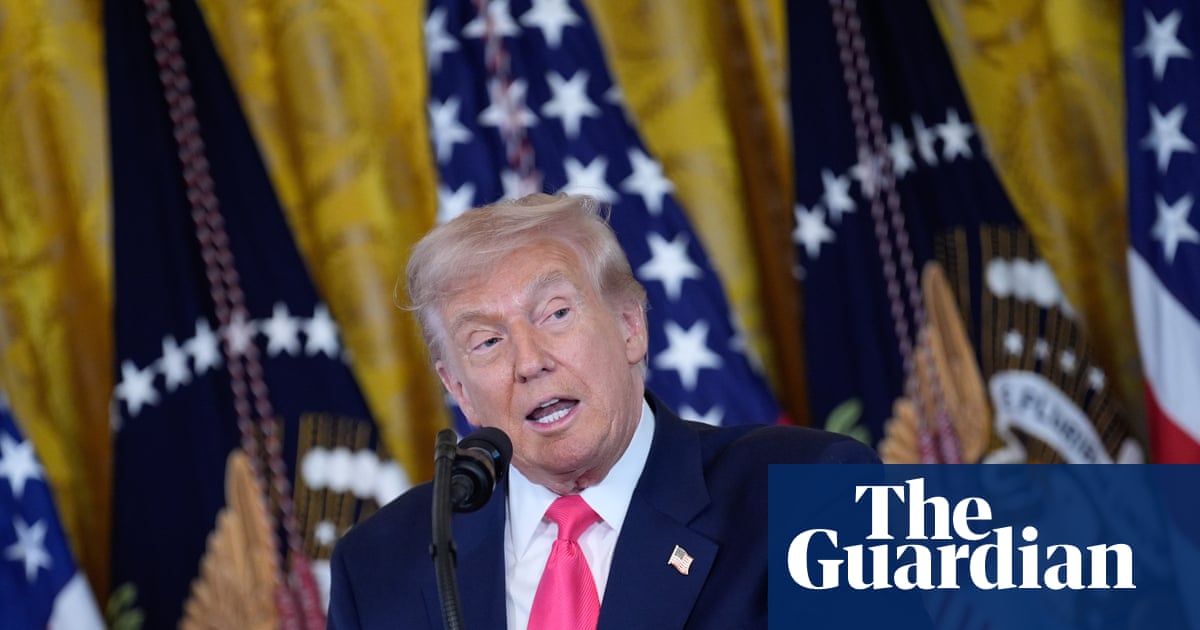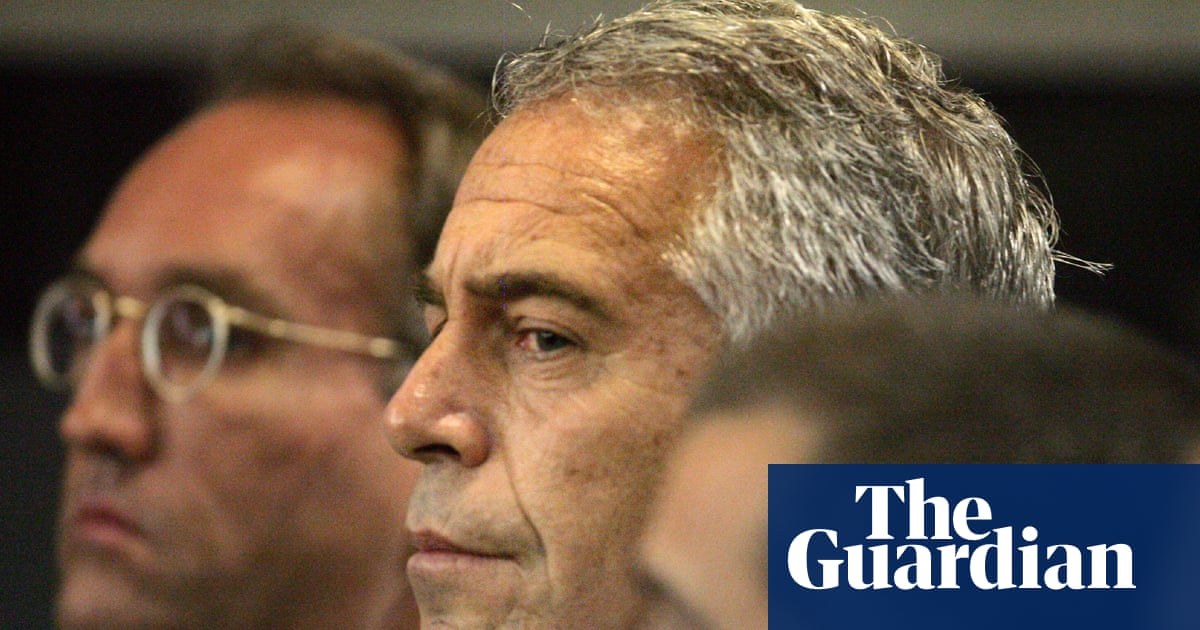By Bo Erickson and Richard Cowan
WASHINGTON (Reuters) -Three weeks into a U.S. government shutdown, Republicans who control Congress have begun talking about possible next steps in what has been a stalemate with Democrats who are withholding their support from a temporary funding bill until they win an extension of a healthcare subsidy.
Senator Susan Collins, who chairs the Senate Appropriations Committee that oversees federal spending, on Tuesday told reporters that Republicans will likely need to extend their stopgap bill to reopen the government and fund operations beyond its November 21 end-date.
"There's a realization that we're going to have to have an extension because we've wasted all these weeks," the Maine Republican said, noting she does not want to see stopgap funding go into 2026.
Her remarks follow those of Senate Majority Leader John Thune late on Monday acknowledging that more time would be needed to finish the 12 annual spending bills that fund Washington's "discretionary" programs.
Thune needs the support of a handful of Senate Democrats in order to win passage of the temporary funding bill approved by the House of Representatives last month. Republicans have a narrow, 53-47 majority in the 100-member Senate, with 60 votes needed to advance most bills.
All but three senators in the Democratic caucus are withholding their support for the Republican bill, unless President Donald Trump and enough Republican lawmakers agree to an extension of an enhanced Affordable Care Act tax credit that is due to expire on December 31.
Meanwhile, U.S. Senate Minority leader Chuck Schumer said he and House Minority Leader Hakeem Jeffries reached out to Trump on Tuesday to sit down to negotiate an end to the shutdown.
"We urged him to meet with us, and we said we'll set up an appointment with him, anytime, anyplace," Schumer told reporters. The senator did not say if the White House accepted the meeting request.
Without an ACA extension, millions of Americans are girding for significant increases in their healthcare premiums, which Democrats have called "a healthcare crisis."
Thousands of federal workers have been furloughed as federal agencies pared their activities beginning on October 1, the start of the new fiscal year. Simultaneously, previous-year funding expired on about $1.7 trillion in funds for agency operations, which amounts to about one-quarter of annual federal spending.
Trump huddled with Republican senators at midday on Tuesday but they did not discuss an ACA extension, according to Republican Senator Mike Rounds of South Dakota, who attended the get-together. Republicans want to kick such talks toward the end of the year.
Republican Senator Lisa Murkowski of Alaska, also a senior appropriator, said neither Republicans nor Democrats are winning the hard-fought battle over reopening the government.
"Right now, both sides think that they have an advantage, and as long as you think you have an advantage, there's no incentive to dial it back," Murkowski said.
Hanging over Congress is the prospect of hammering out deals for the dozen spending bills or an alternate route that is abhorrent to many lawmakers: another full-year continuation of last year's spending that would not address new needs.
"There's a bipartisan desire to get something done" and avoid that alternative, Democratic Senator Brian Schatz of Hawaii told reporters. But he added that the first step would be reaching bipartisan agreement on the overall discretionary spending level for fiscal year 2026 that expires next September 30.
(Reporting by Richard Cowan and Bo Erickson in Washington and Maiya Keidan in Toronto; Editing by Ismail Shakil and Matthew Lewis)

 German (DE)
German (DE)  English (US)
English (US)  Spanish (ES)
Spanish (ES)  French (FR)
French (FR)  Hindi (IN)
Hindi (IN)  Italian (IT)
Italian (IT)  Russian (RU)
Russian (RU) 






















Comments